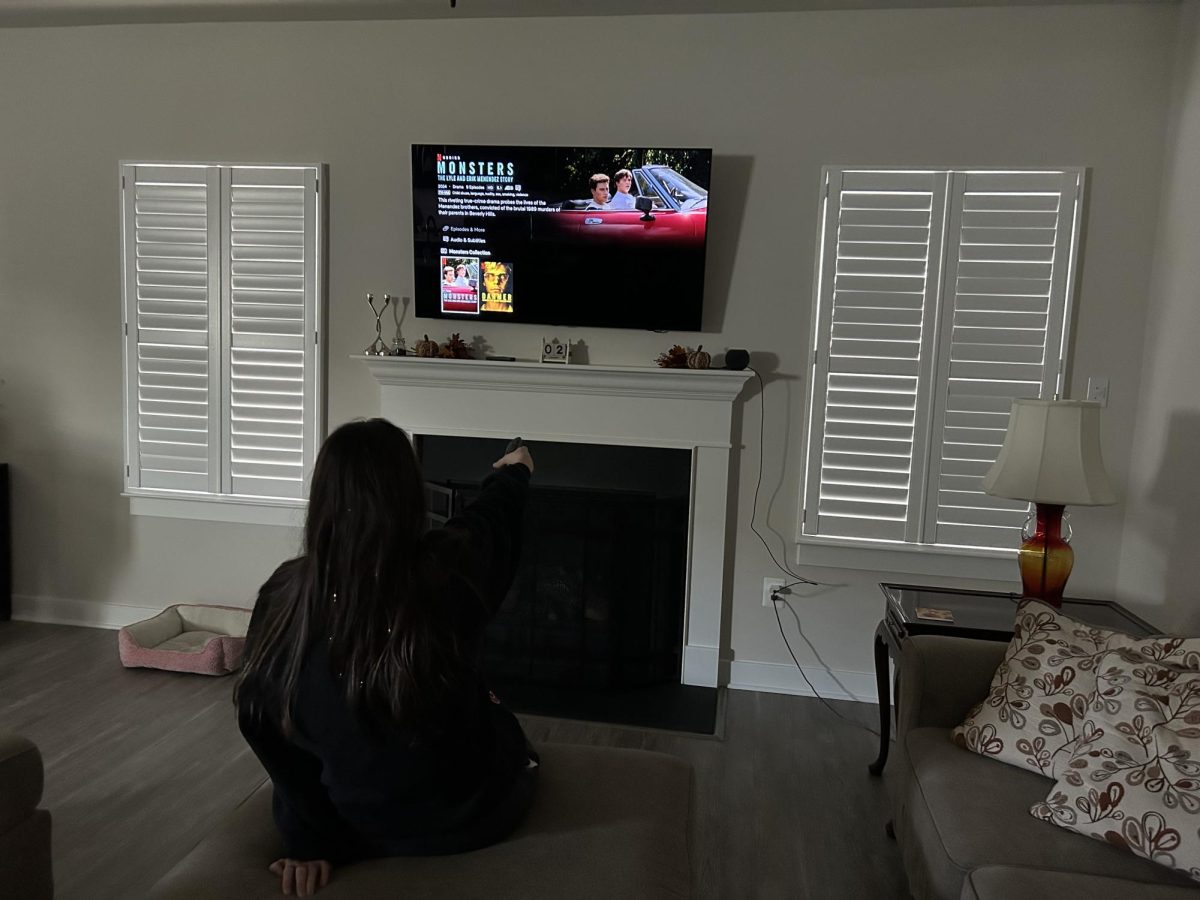Throughout his career, Canadian comedian Nathan Fielder has continually examined the human element of reality television. In both his Comedy Central reality series “Nathan For You” and its spiritual successor “The Rehearsal”, Fielder plays a socially awkward, mostly inept, fictional version of himself who attempts to help real people with their problems using mostly absurd methods. In “Nathan For You”, Fielder uses his bizarre methods to “help” struggling small businesses and uses this core premise to examine how people change when on camera. The Rehearsal explores some similar themes but also serves as a self-reflection on the morals of the type of television Fielder has made. Both “Nathan for You” and “The Rehearsal” are among my favorite shows of all time. So, when it was announced that Fielder, alongside Benny Safdie, was working on a new series I was extremely excited.
The new series, Showtime’s “The Curse”, presents something of a radical shift for Fielder. Instead of a documentary series centered around Fielder himself, “The Curse” is a traditional hour-long scripted drama series. For many creators this would have been a near impossible transition to make, but Fielder manages to pull it off quite smoothly. It is not as consistently funny as Nathan For You, nor is it a practically flawless season of television like “The Rehearsal”, but “The Curse” still manages to stand alongside those aforementioned series as a unique and worthwhile addition to Fielder and Safdie’s filmographies. The series also continues Fielder’s exploration of the human elements of reality television, this time turning the focus on the exploitation involved in the genre and the people who are responsible for it.
In “The Curse” the people responsible are Asher Siegal, played by Fielder, and Whitney Siegal, played by Emma Stone. Asher and Whitney are a recently married couple attempting to create and star in their own HGTV style reality series called “Flipanthropy”. The series is supposed to be about the couple giving their support to the struggling community of Española, New Mexico by providing modern eco-friendly housing to the town.
Both Fielder and Stone are unsurprisingly excellent in their roles. The shift from playing a heightened version of himself, to playing a fully fleshed out original character allows Fielder to shine as an actor more than ever before. He brings his trademark off-kilter, social awkwardness, but also mixes in a vulnerability and emotionality not seen in his previous performances. Stone is also fantastic in her role as Whitney, whose pettiness and selfishness is masked by a veneer of altruism.
Co-creator Benny Safdie also stars as Dougie Schecter, the producer of Flipanthropy and an old friend of Asher’s. Dougie is a pushy, belligerent person who knows just what buttons to push in order to manipulate the Siegals . When Dougie decides that the show is not going in the right direction, he decides to shift focus to the marital issues between the show’s two lead characters and tries to stir conflict between the two, a task that does not prove difficult.
The relationship troubles between Whitney and Asher are one of the main focuses of the series. There is a clear imbalance between the two characters, and–as Dougie points out–a complete lack of sexual chemistry. Whitney is often embarrassed by Asher’s inadequacies and frequently berates him for his mistakes while very rarely acknowledging her own numerous shortcomings. Their power imbalance is most clearly shown in some outrageously uncomfortable “sex scenes” that further cement both Fielder and Stone as being some of the most fearless performers in Hollywood.
Another aspect of the series that may put off some viewers is the series’ explorations of themes such as race, class and gentrification. Despite Whitney’s insistence that their show is first and foremost for the greater good of the community of Española, it is obvious that what Siegals are doing has little benefit to anyone but themselves. This means that the Siegals are generally very unlikable main characters who you are often actively rooting against. If you are someone who doesn’t like unlikable protagonists in shows, I would advise you to steer clear of “The Curse”.
One’s overall enjoyment of “The Curse” will ultimately come down to whether or not they enjoy the cringe humor the series specializes in. As someone who was already a fan of Fielder’s style, I found the show to be a very worthwhile experience and would highly recommend it to fans of awkward humor and in-depth character pieces.














